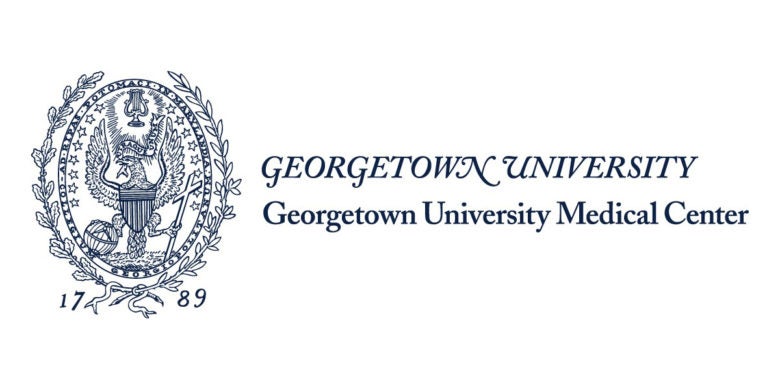Global Health Security Experts See Challenges With Screening Airline Passengers from China for Virus

Posted in News Release | Tagged 2019 Novel Coronavirus, coronavirus, global health, infectious disease
Media Contact
Karen Teber
km463@georgetown.edu
WASHINGTON (January 17, 2020) — Georgetown University global health experts say the U.S. Centers for Disease Control and Prevention’s (CDC) decision to screen airline passengers arriving from central China for a new virus creates many challenges.
Georgetown University global health security experts Rebecca Katz, PhD, MPH, and global health legal and policy expert Alexandra Phelan, SJD, LLM, LLB, share their perspectives.
Katz says:
This is an emerging disease, and the details of the virus are still being discovered. To date, the available evidence indicates that 2019-nCoV may not be as deadly as SARS or MERS. The symptoms are similar to many other respiratory illnesses, and there is no definitive incubation period yet. Public health officials, however, must make decisions with imperfect information, and the decisions to initiate screening of flights from the epicenter of the outbreak seems to be based on the potential of this virus, as opposed to what we have seen so far.
Phelan says:
Border screenings can be controversial, as they often are costly but may be limited in preventing the spread of a disease.
There are challenges with border screenings for a new illness like 2019-nCoV, as the known symptoms — respiratory illness, cough and fever — are quite general. As a result, there are likely to be many individuals with matching symptoms due to an illness that is not 2019-nCoV. We also do not know yet if transmission is possible without showing symptoms, meaning that symptom-based screening alone will be insufficient.
Screening based on travel alone will rapidly become less reliable, as we have already entered a period of significant travel within China in the lead-up to the Lunar New Year. Any screening measures will need to adapt to this change and may not be able to rely on Wuhan travel history alone given potential evidence of limited human-to-human transmission. The CDC’s screening process will likely be multi-layered to address these challenges, however details have not yet been released.
Despite these challenges, border screening is an important opportunity to communicate information to travelers about symptoms, steps they can take to prevent possible spread, and how to seek medical assistance if they begin to feel unwell.
Katz is a professor and director of the Center for Global Health Science and Security at Georgetown University. Her research is focused on global health security, public health preparedness and health diplomacy. Follow her on Twitter at @RebeccaKatz5.
Phelan is a faculty member of Georgetown’s Center for Global Health Science and Security and is an adjunct professor at Georgetown Law. She works on legal and policy issues related to infectious diseases, with a particular focus on emerging and reemerging infectious disease outbreaks and international law. She has worked as a consultant for the World Health Organization, the World Bank, and Gavi. Phelan has lived and worked in China and speaks Mandarin Chinese. Follow her on Twitter at @AlexandraPhelan.
To arrange an interview with Katz or Phelan, please contact Karen Teber at km463@georgetown.edu.
